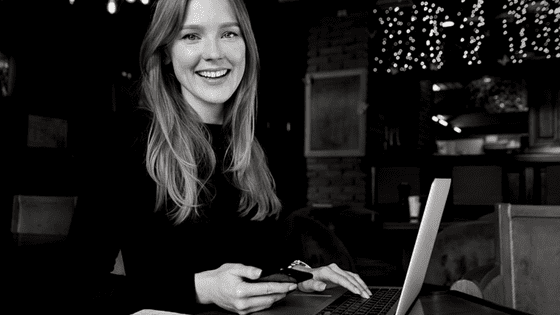It’s a conversation I have more often than you think. A CEO, business owner, or senior executive goes into whispered confession mode.
“I say family is one of my key values, but maybe it’s not, based on my decisions.” Their eyes widen, and the guilt rides up their neck with sweeping colour.

They confess that they stay late at work, say yes to assignments that mean travel, and nudge a decision that means great personal and professional benefit, but means a move and a disruption to their spouse and children.
The unspoken confessions is: ‘My career is more important than what my spouse or kids want.’
In our culture, there has been an increasing social narrative that family is more important than work. The work-a-holic executive is demonised. Movies showcase the broken professional who discovers that it is truly lonely at the top: they are left alone with their high flying office and empty house.
But what if the work requires deep sacrifice? What if the work is deeply meaningful to the executive? What if the work is making a significant positive impact on the lives of people around the world, the health of the planet, or to our living habitat?
Certainly career ambition, at all costs, is not healthy. A professional sacrifices their family, interests, and health to reach that all important milestone.
This is being SELFISH. Selfish is putting oneself first in spite of everyone else.
Let’s consider the alternative, the SELF FIRST principle.
SELF FIRST is when we look after ourselves so there is more of us to give. In some cases, work is a deep and abiding passion that brings meaning to their sense of purpose. Putting this as a priority means honouring a deep part of who they are. And a more fulfilled human is a happier parent, spouse, and friend.
Here’s where it goes wrong:
We make up stories about what the decisions mean.
“If the we move to another city because of their career, they make more money, then that means I am less important, that my career is less important. They care more about their work more than they do about me and the kids. I feel helpless. This is not my choice, it’s theirs.”
This is an unhelpful narrative. Everyone loses with that story. The senior executive is riddled with guilt in a no-win situation. If they make the move, they feel guilty, If they don’t take it, they feel resentful for stifling their ambition and fulfilment, and their spouse feels guilty for holding them back.
How about this as an alternative:
“If we move to another city because of their career, they make more money, then that means we have more choices, I have more opportunities, there are new adventures to be had, I can extend my social circle.”
It takes deliberate meaning making to combat an engrained social story. It also takes courage to address the resistance that comes up when we fear loss of autonomy, loss of status, loss of social support. These are genuine survival triggers that put us in an unhelpful emotional state. This state creates the negative stories, and the difficult win-lose conversations.
When it happens, stop and pause, what story am I telling myself about this right now? Is there a better one I could choose instead? How does this choice benefit me AND everyone else?
Fundamentally we need to identify what brings each of us fulfilment and joy. For some, this is the family role. For some, it is a creative endeavour. For some, it is the satisfaction that comes from contribution through work.
Have you ever had to make a decision favouring a spouse’s career? Or perhaps it was your career that drove a change? What do you think – is it ok to have work be more important than family?






















